Aly Zaker: Remembering the architect of Bangladeshi theatre
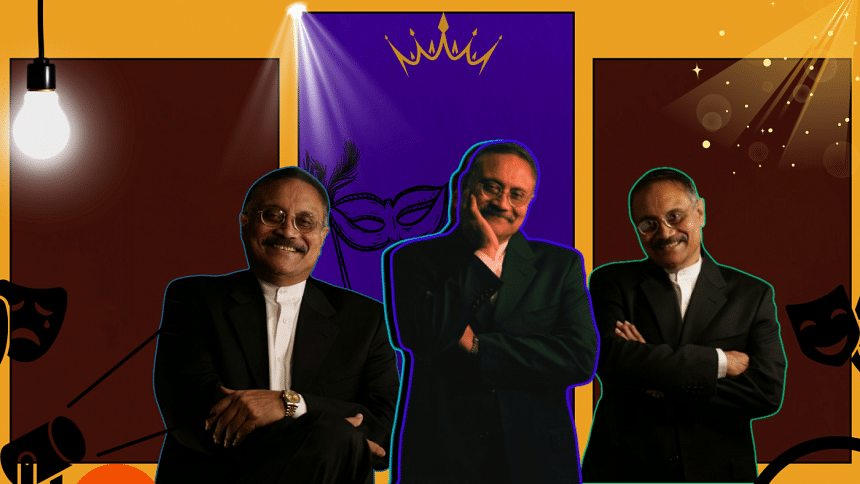
On a quiet evening in 1972, an actor stood before an eager audience in a small, dimly lit theatre in Dhaka. He was new to the stage, but the fire within him was unmistakable. The play was "Kobor", a work that would later become legendary, and this was the beginning of Aly Zaker's journey—one that would transform Bangladeshi theatre forever.
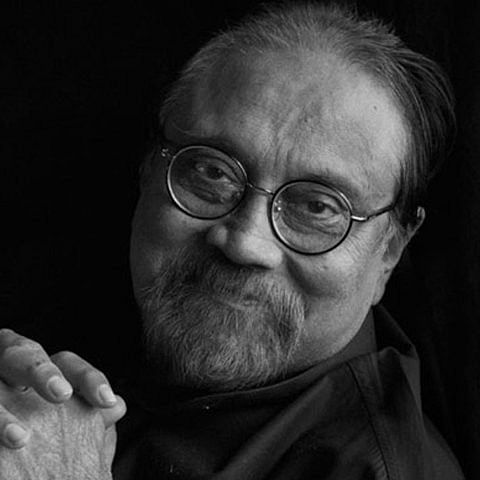
"I may forget everything else, but I can never forget this stage. Every time I perform a play, it feels like I'm reborn," Zaker once said, reflecting on the deep connection he felt with his craft. To the audience, he was more than an actor—he was the storyteller who brought characters to life, and his legacy has shaped the very core of the country's theatre scene.

The rising action
Aly Zaker's career in theatre began almost by accident, but it was one of those accidents that changed the course of history of the newly independent country's theatre scene. Born in Chattogram but raised in Kolkata, Zaker grew up surrounded by art. His mother often took him to theatre productions, where legends like Utpal Dutt and Sombhu Mitra performed. It was a time when theatre was not just entertainment but a political and cultural statement, something young Aly absorbed with every performance.
In 1971, Zaker found himself at Swadhin Bangla Betar, where he read English news and participated in radio plays. This was where theatre personality Mamunur Rashid first recognised his potential.

"In 1971, I got to know Aly Zaker while working at Swadhin Bangla Betar," Rashid recounted. His impression of Zaker was immediate: "He had a distinctive presence, a rare blend of confidence and humility."
It didn't take long before Rashid convinced Zaker to join him in theatre, the true arena where his talent would shine. Soon after, Zaker became a member of the Nagorik Natya Sampradaya, where he would remain a driving force for decades, both as a performer and director.

A stage full of unforgettable characters
In the span of his career, Zaker played numerous roles, but there were three that defined his legacy— Nuruldin, Dewan Gazi, and Galileo. His performance as the rebellious Nuruldin in "Nuruldiner Sharajibon" by legendary Bangladeshi writer Syed Shamsul Haque was nothing short of revolutionary. Haq, moved by Zaker's raw portrayal of the freedom fighter, once said, "I couldn't hold back my tears while watching his performance. Such raw emotion, such depth in his acting!"

Equally iconic was his portrayal of Dewan Gazi in "Dewan Gazir Kissa", an adaptation of a Bertolt Brecht story. This role, adapted by Zaker's close friend Asaduzzaman Noor, allowed him to dive deep into Brecht's complex narrative style, giving the character a level of intensity rarely seen on the Bangladeshi stage.
Then there was Galileo. Zaker's final stage performance, in the play "Galileo", left a lasting mark on his career. His portrayal of the revolutionary scientist, torn between conviction and survival, was not only a testament to his acting prowess but also his intellectual depth. "Every time I perform a play, it feels like I'm reborn," he said after that performance, summing up his lifelong relationship with theatre.
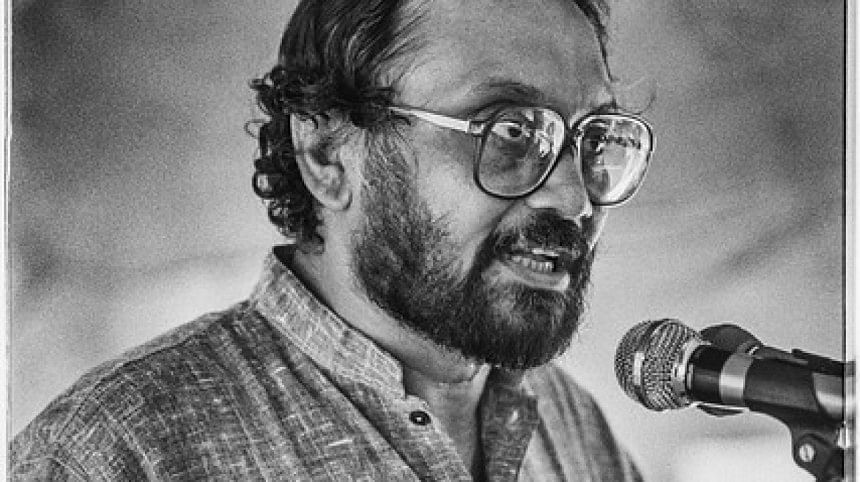
The theatre director
Beyond acting, The artiste's contributions as a director were groundbreaking. He wasn't merely interested in putting on plays—he sought to push boundaries. Productions like "Achalayatan", "Baki Itihash", and "Shot Manusher Khoje", "Toilo Shongkot," "Ei Nishiddho Pollite," and "Köpenick er Captain," were not just performances; they were statements about society, politics, and human nature. Zaker had a knack for choosing plays that were deeply relevant, and his interpretations were often ahead of their time.
As a director, he was known for his meticulous attention to detail and for his ability to bring out the best in his actors. Mamunur Rashid once said, "Aly had this remarkable ability to translate new ideas into theatre. He was always experimenting, always evolving."
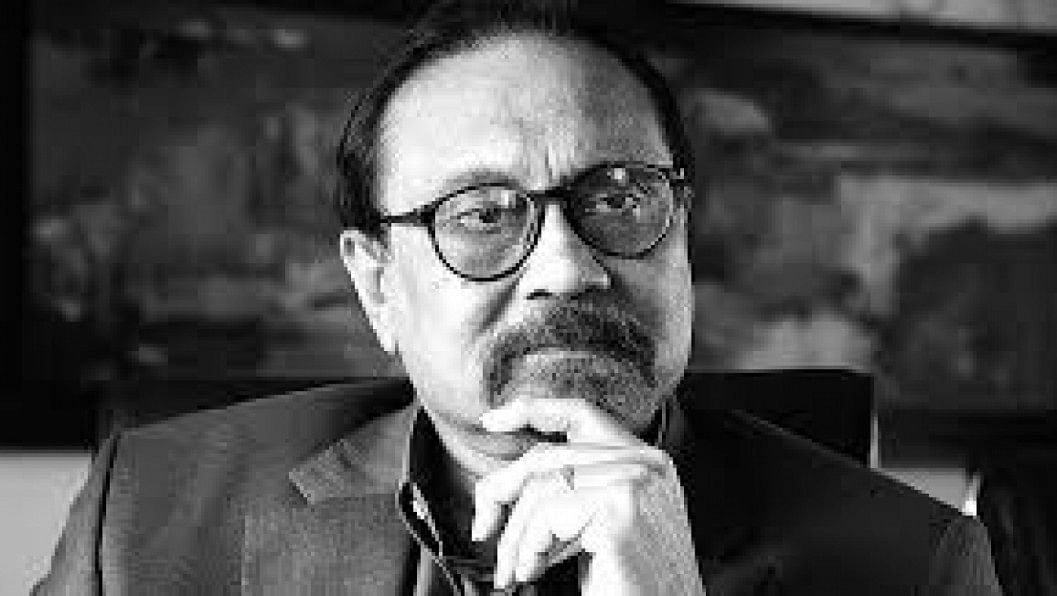
The advocate for the arts
Aly Zaker wasn't just a performer—he was a tireless advocate for the arts. He believed that theatre was more than entertainment; it was a reflection of society's soul. His leadership of Nagorik Natya Sampradaya, where he served as president until his death, ensured that the troupe remained a beacon of quality theatre in Bangladesh.
Zaker also played a pivotal role in organising festivals, workshops, and international collaborations, bringing the world to Bangladeshi theatre. His work in radio and television, including performances in beloved TV dramas like "Aj Robibar" and "Bohubrihi", only expanded his influence. His versatility—moving seamlessly between stage, television, and film—set a new standard for actors in the country.

Resolution
Throughout his illustrious career, Zaker received numerous awards, including the prestigious Ekushey Padak in 1999, Bangladesh's second-highest civilian honour. He also received the Bangladesh Shilpakala Academy Award, the Munier Chowdhury Award, and the Noren Biswas Award, among others. Yet for Zaker, the accolades were secondary. His true reward was the connection he made with his audience—the shared experience of a story well told.
His friend and collaborator Asaduzzaman Noor said it best: "Aly wasn't just an actor. He was an institution."
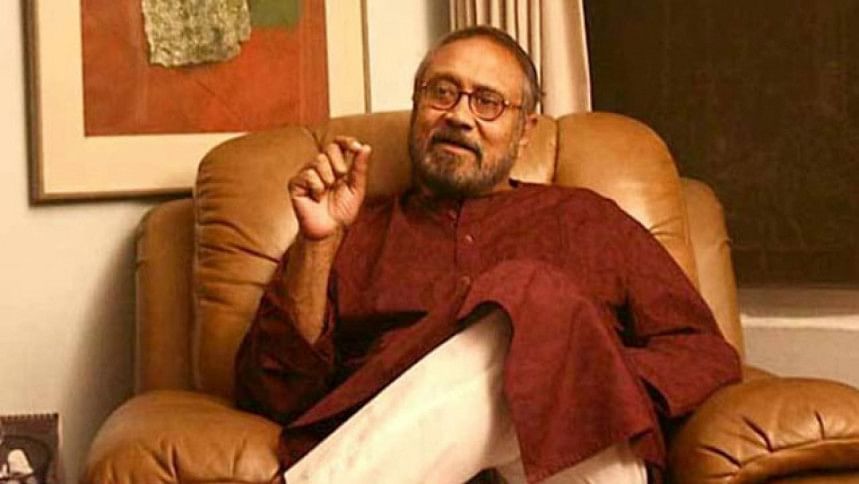
The man behind the curtain
Despite his immense success, Zaker remained a humble figure, always seeking to learn more, to improve his craft. He was known for his deep philosophical insights into acting. "Understanding emotions is the most important aspect of acting," he once remarked. His curiosity and passion for human expression were what made him such a compelling actor.
Though Zaker never performed King Lear, a role he longed for, his contributions to the stage are as profound as the Bard's own words. His characters—Nuruldin, Dewan Gazi, Galileo—will live on, not just in the annals of Bangladeshi theatre, but in the hearts of audiences who were fortunate enough to witness his brilliance.
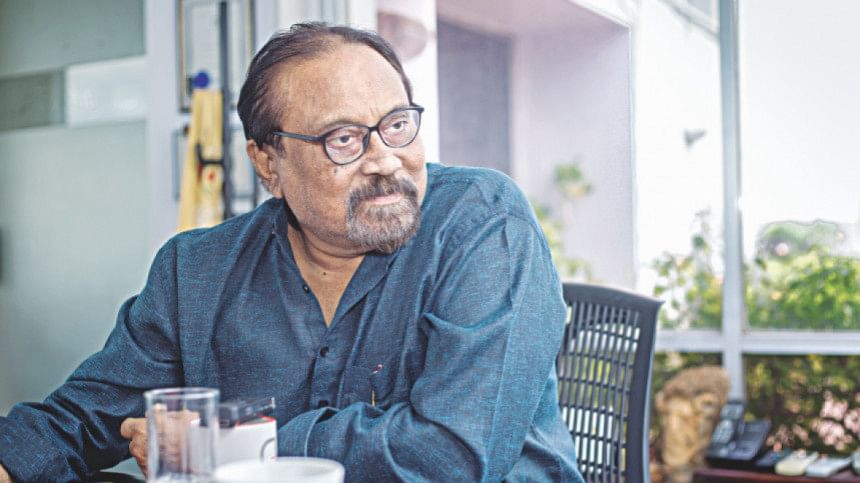
A life immortalised on stage
Aly Zaker may no longer stand beneath the theatre lights, but his spirit remains. His performances, his direction, and his passion for the arts continue to inspire new generations of artistes. He showed us what it means to dedicate oneself to a craft, to live fully through art, and to leave behind a legacy that transcends time.
As we celebrate the artiste's 80th birth anniversary and reflect on four years since we lost him, we remember Aly Zaker as more than just an actor; as a visionary who understood the transformative power of storytelling. His legacy reminds us that art is not merely entertainment—it is the heartbeat of life itself, shaping how we see, feel, and understand the world.

 For all latest news, follow The Daily Star's Google News channel.
For all latest news, follow The Daily Star's Google News channel. 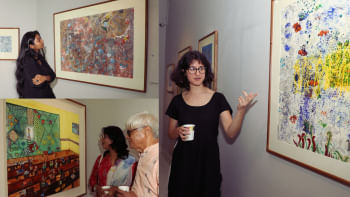




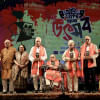




Comments